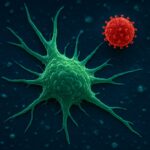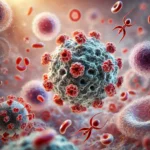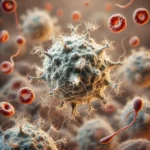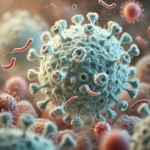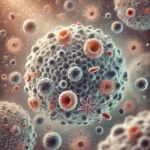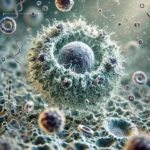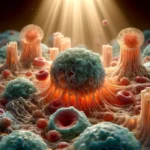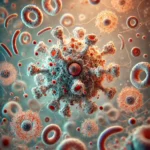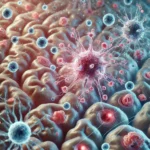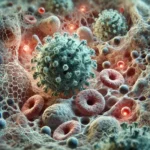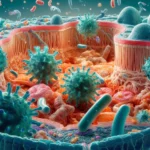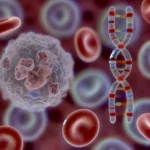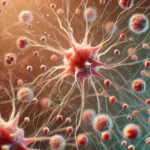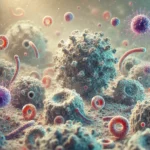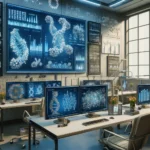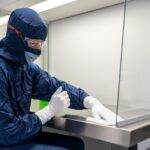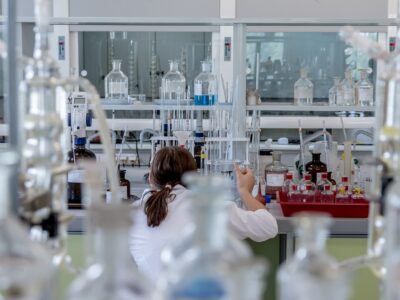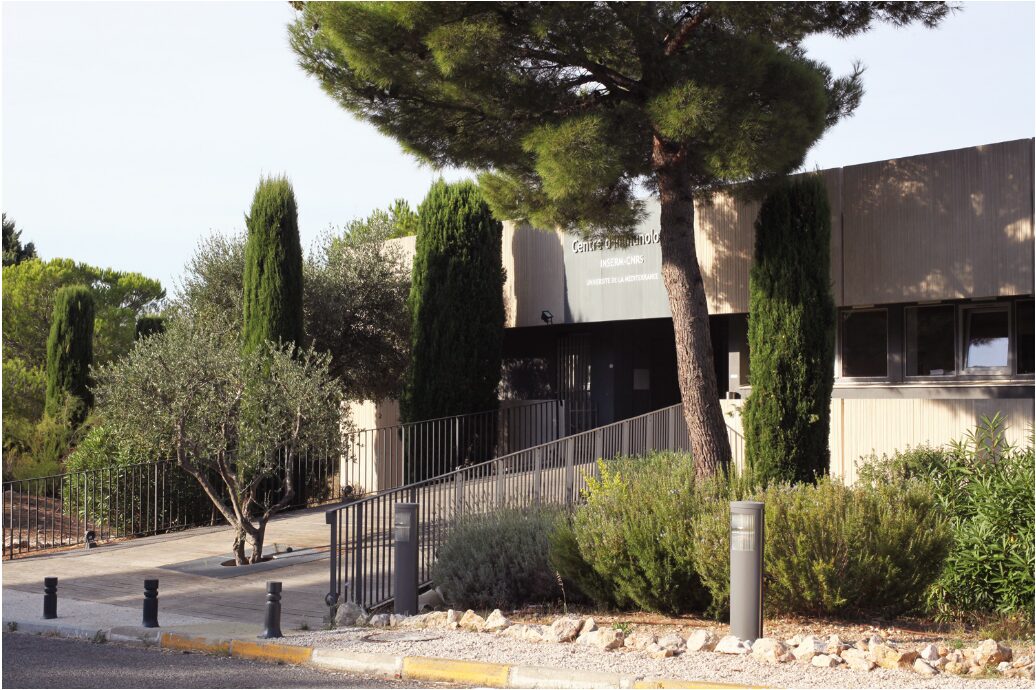
The CIML Institute
CIML
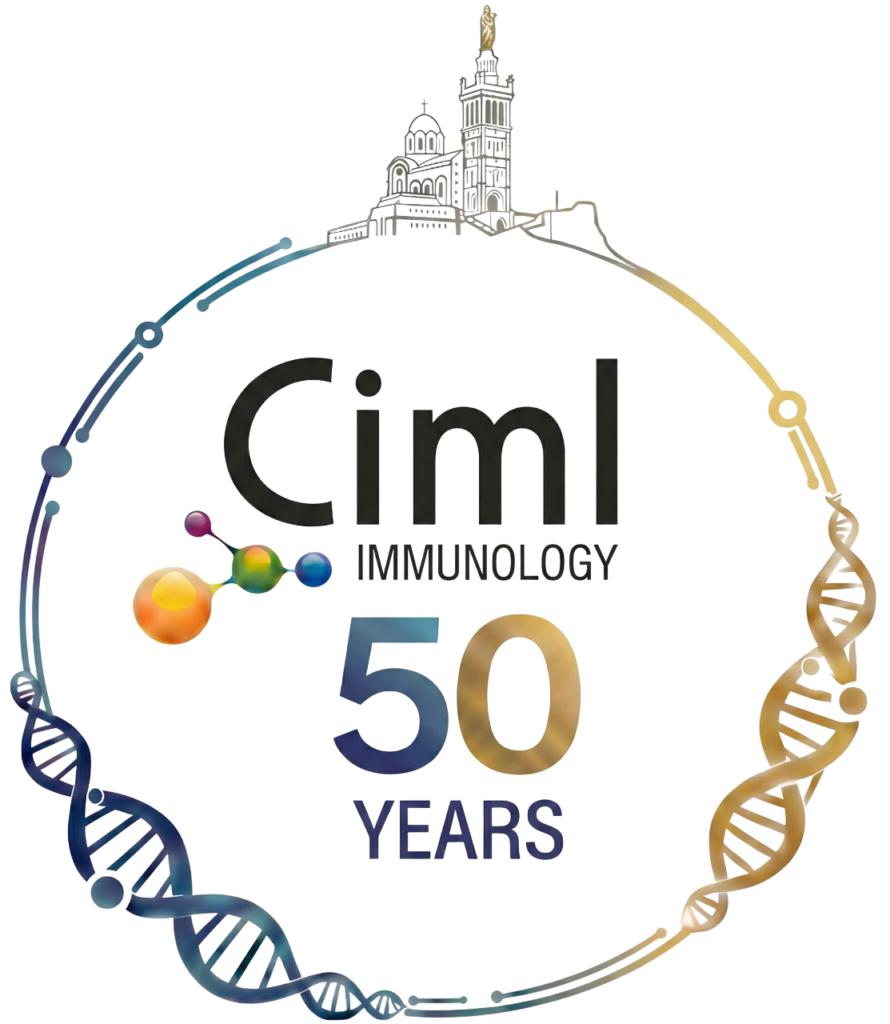
The Center for Immunology of Marseille-Luminy (CIML) – Advancing immunology together
Fondé en 1976 par François Kourilsky et Michel Fougereau, le CIML est un centre de recherche de renommée internationale qui se consacre à l’étude du système immunitaire dans toute sa diversité. Placé sous la tutelle conjointe d’Aix-Marseille Université, du CNRS et de l’Inserm, notre institut incarne près de 50 ans d’excellence scientifique et d’innovation en immunologie. Cet institut accueille de 200 personnes : scientifiques, étudiants, post-doctorants de diverses nationalités et personnels d’appui et d’accompagnement à la recherche, qui sont répartis dans 16 équipes de recherche, 6 plateformes technologiques de pointes et un service support et administratif.
From the molecule to the entire organism, from the physiological to the pathological, the CIML addresses all fields of contemporary immunology on a number of models and scales: the genesis of different cell populations, their modes of differentiation and activation, their implications in cancers and infectious and inflammatory diseases.
Our mission: to advance immunology together, in an environment of scientific excellence and mutual respect.
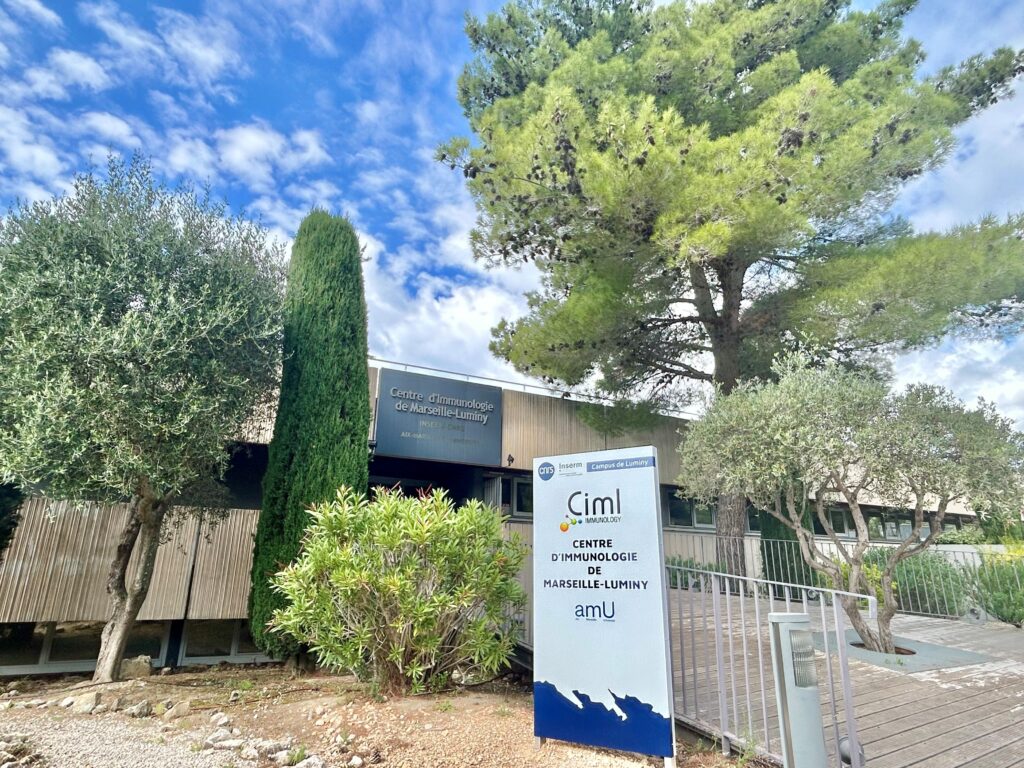
Cutting-edge technology platforms
Our technological expertise is based on cutting-edge platforms and expert teams. Our researchers and engineers master the detailed analysis of interactions between different immune cell populations and their microenvironment, enabling a thorough understanding of biological mechanisms at the single-cell and tissue levels.
Our 6 technological platforms have the latest generation equipment and skills:
- Spectral flow cytometry
- Genomics
- Imaging and image analysis
- Histology
- Bioinformatics and omics analysis
- Crispr screening
A multidisciplinary campus at the gateway to nature
The CIML is an 8,000 m institute2 in the heart of a 1,000-hectare area of the listed Calanques area, home to 10,000 students, 2 faculties, 6 major schools and institutes, 32 research laboratories and 15 biotechnology companies, including four companies created at the initiative of researchers from the Centre.
Science open to the general public
At the Center for Immunology of Marseille-Luminy, we believe that scientific research only takes on its full meaning when it is shared and understood by as many people as possible. In a world where public health issues and medical advances occupy a central place in our societies, it is essential to build bridges between research laboratories and citizens.
This is why the CIML is actively involved in the transmission of knowledge and the popularization of science. Our mission extends beyond the boundaries of fundamental research: we are committed to making the fascinating complexity of the immune system accessible, to demystifying the mechanisms that govern our natural defenses, and to inspiring future generations of researchers.
Through various initiatives dedicated to schools and the general public, such as the Science Festival and the CNRS "Visites Insolites", we regularly open the doors of our laboratories, transforming our research center into a true place of exchange and discovery. This open science approach reflects our deep conviction: scientific knowledge is a common good that must be shared to better shed light on the health challenges of tomorrow.

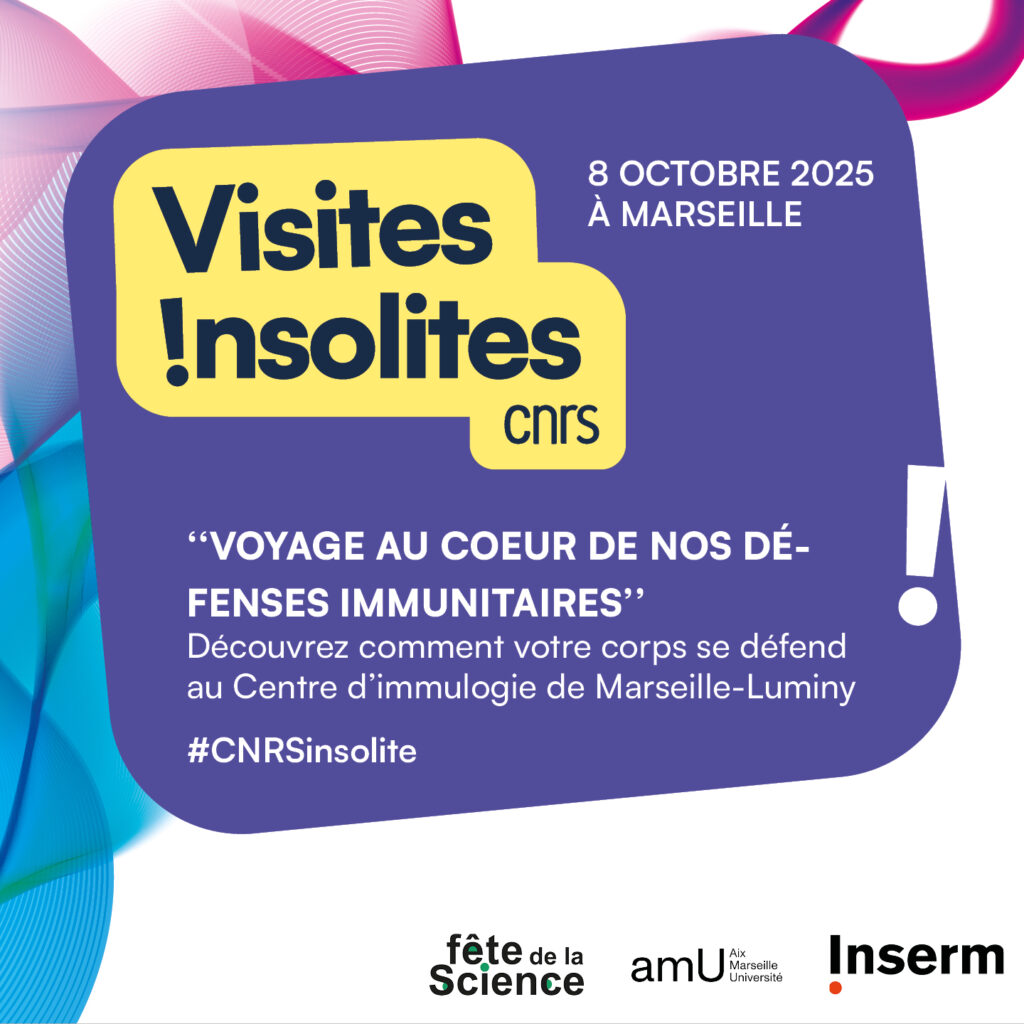
The CIML Direction Team
The direction team of the Center for Immunology of Marseille-Luminy (CIML) ensures the strategic and operational governance of this joint research unit under the triple supervision of CNRS, Inserm and Aix-Marseille University (AMU). This joint management coordinates all scientific, administrative and technical activities in line with the strategic orientations of the three supervisory bodies.
The Unit Director, Dr. Pierre Milpied, Research Director at Inserm, leads the scientific trajectory and manages all dimensions of the unit, representing the CIML with the CNRS, Inserm and AMU while developing partnerships and promoting results.
The Deputy Unit Director, Dr. Achille Broggi, CNRS Research Fellow, supports the management in its scientific missions, participating in working groups with the supervisory authorities, organizing scientific events and coordinating the laboratory's international relations.
The Chief Administrative Officer, Dr. Noushin Mossadegh-Keller, CNRS Research Engineer, fully participates in the unit's strategic and budgetary decisions. She manages the support and administrative services as well as the technological platforms, ensuring the interface with the administrative services of the CNRS, Inserm and AMU while securing decision-making through her multi-supervisory regulatory vigilance.
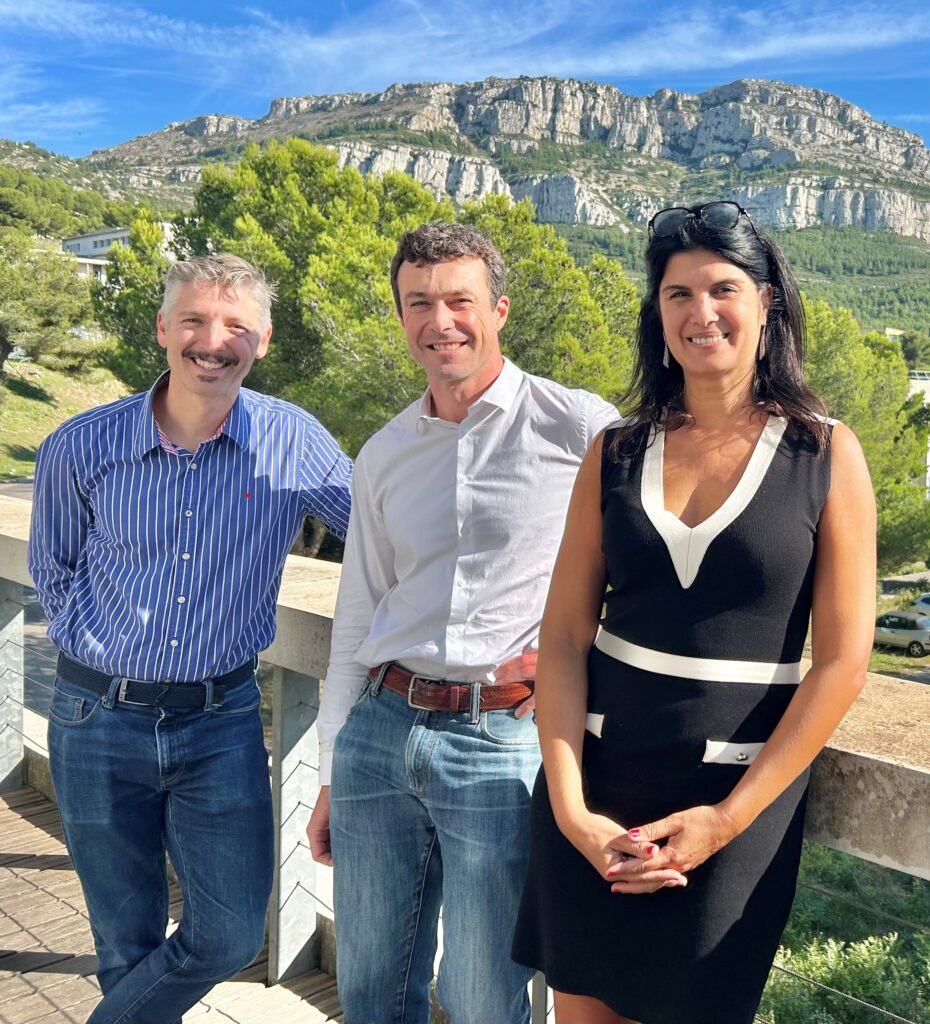
This team guarantees effective governance respecting the specificities and requirements of each supervisory body.
Governance and advisory bodies at CIML
To achieve its ambitious objectives in all areas – scientific and technological excellence, training and career development, and quality of life at work – the CIML direction team relies on a structured organization that is broken down into several consultative bodies and internal working groups.
The Laboratory Council, a regulatory consultative body in which all staff are represented. It assists the direction team in its strategic decisions and any measures relating to the organization and operation of the institute.
This participatory governance is complemented by the Team Leaders Council which contributes to the scientific and technological strategy at the level of research teams, health and safety assistants who ensure health and safety, as well as the education and training advisor which ensures links with Aix-Marseille University for courses from Bachelor's degree to Doctorate.
Finally, different working groups thematic and specialized cells (career development of ITAs and post-docs, prevention of psychosocial risks, eco-citizens, parity and professional equality) allow us to collaboratively address the laboratory's cross-cutting issues, thus strengthening the collective and constructive spirit that characterizes the CIML.
Organizational chart






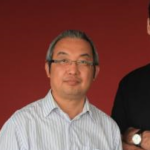









Scientific Advisory Board
Since its creation, the CIML has had an independent Scientific Advisory Board comprising internationally renowned immunologists. Every two years, this international Board analyzes the institute's activities in addition to institutional evaluations by HCERES and supervisory bodies (Inserm, CNRS and Aix-Marseille University).
Members of the Scientific Advisory Board
- Meinrad BUSSLINGER, Research Institute of Molecular Pathology, Vienna, AU
- Gillian GRIFFITHS, Cambridge Institute for Medical Research, Cambridge, UK
- Fiona Powrie, The Kennedy Institute, Oxford, UK
- Ton SCHUMACHER, The Netherlands Cancer Institute, Amsterdam, NL
- Michael SIXT, IST Austria, Klosterneuburg, AU
Health and Safety
CIML's health and safety policy aims to identify and manage occupational risks upstream, through a continuous assessment of potential hazards and the implementation of preventive measures adapted to the specificities of each research activity. Safety is everyone's responsibility: management, researchers, engineers, technicians, doctoral students, and support staff. This collaborative approach ensures a culture of prevention integrated into daily scientific practice.
Welcoming new arrivals, ongoing training and regular awareness-raising are essential pillars for maintaining a high level of vigilance and expertise in security matters.
Health and Safety Assistants: Pillars of Safety Appointed by the direction and integrated into the functional organization chart, health and safety assistants constitute the essential operational link. They carry out the following missions:
- Advice and assistance in risk assessment
- Training and safe reception of staff
- Regulatory monitoring and application of standards
- Gestion et organisation de premiers secours
- Analyse des incidents/accidents et retour d’expérience
- Promoting prevention culture
This role, representing approximately 20% of working time, requires a subtle balance between advanced technical skills and interpersonal skills, to transform regulatory requirements into concrete practices adapted to the specificities of the laboratory.
At CIML, this organization guarantees a safe and peaceful working environment, an essential condition for allowing teams to devote themselves fully to their immunology research in the best possible conditions.
We have 5 Health and Safety Assistants at CIML who advise and assist the direction team:
Jobs
Social Life
At CIML, we believe that a healthy work-life balance is essential to the well-being of our teams. That's why we foster a friendly atmosphere and opportunities for sharing throughout the year that strengthen bonds between colleagues.
Highlights that punctuate the year
Our social calendar begins in January with the management's New Year's greetings, a friendly opportunity to share the cake and exchange our best wishes for the year to come.
Summer is marked by our CIML summer party , a full day organized by and for CIML staff. The program includes a volleyball tournament, pétanque games, and lunch around a sunny plancha. A welcome break that celebrates the end of the academic year in a good mood.
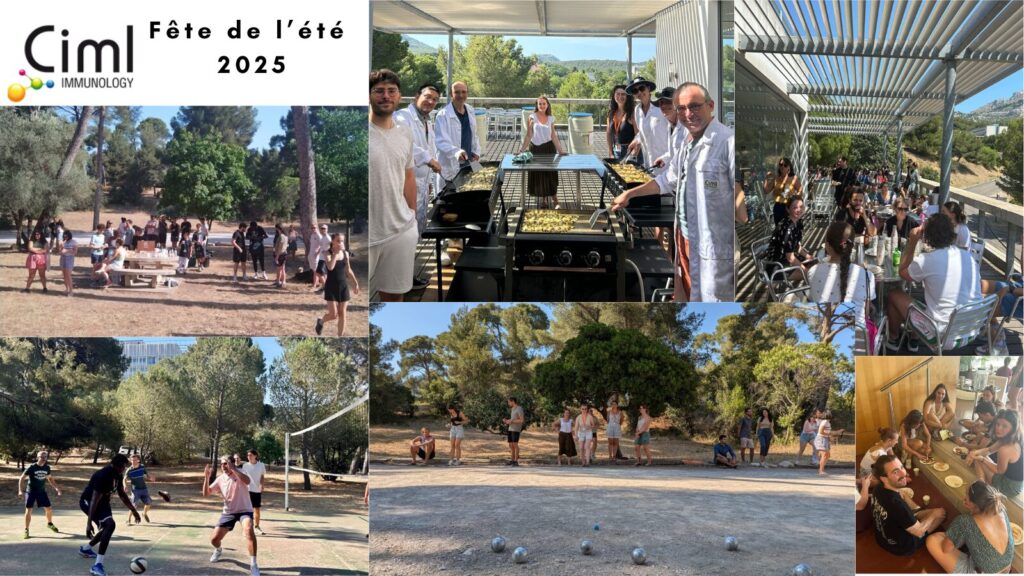
A highlight of the year is also our cohesion seminar, a two-day social retreat organized away from the institute. These days allow all CIML staff to meet in a different setting, to strengthen ties between teams and to share special moments of conviviality and exchange.
Throughout the year, each research team organizes its annual luncheon, as well as team and platform ITAs. These meetings are opportunities to take a friendly break, strengthen cohesion within teams and platforms, and share a relaxing moment with colleagues.

In December, the end of year party brings together all the CIML staff around a warm moment where Santa Claus comes to spoil young and old.
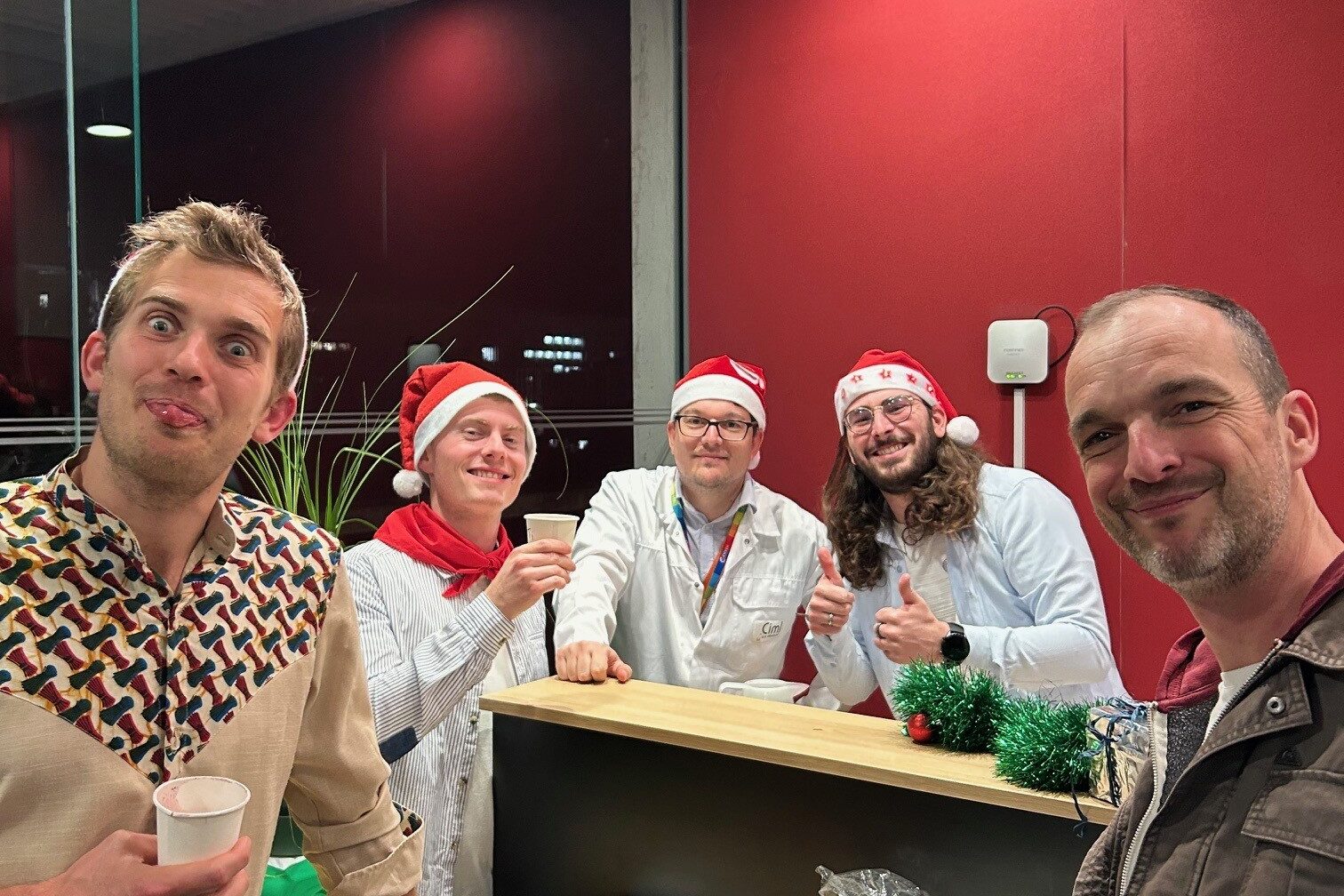
The unmissable weekly meeting
Every Friday, the CIML Happy Hours, organized by the LaboM association, offer a friendly after-work moment to unwind and chat in a relaxed atmosphere. A popular ritual that ends the week in style!
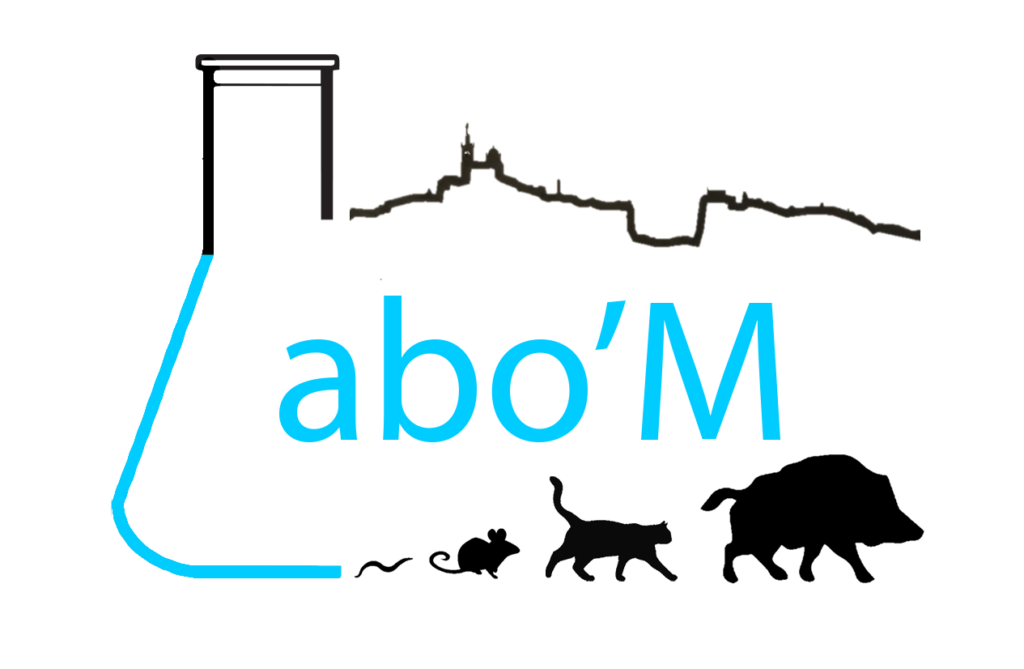
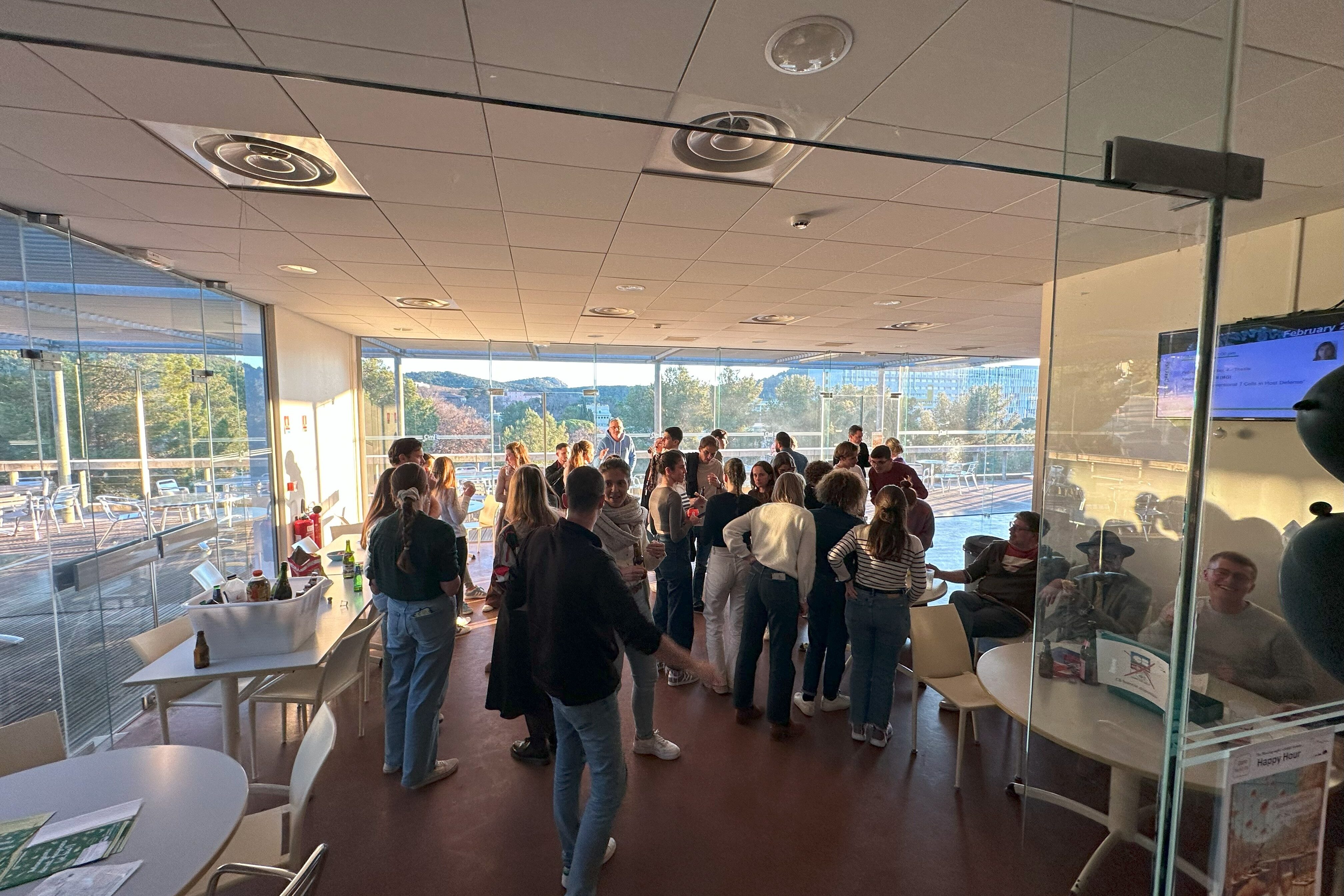
These moments of conviviality fully contribute to the team spirit and quality of life at work which make CIML a good place to work.







